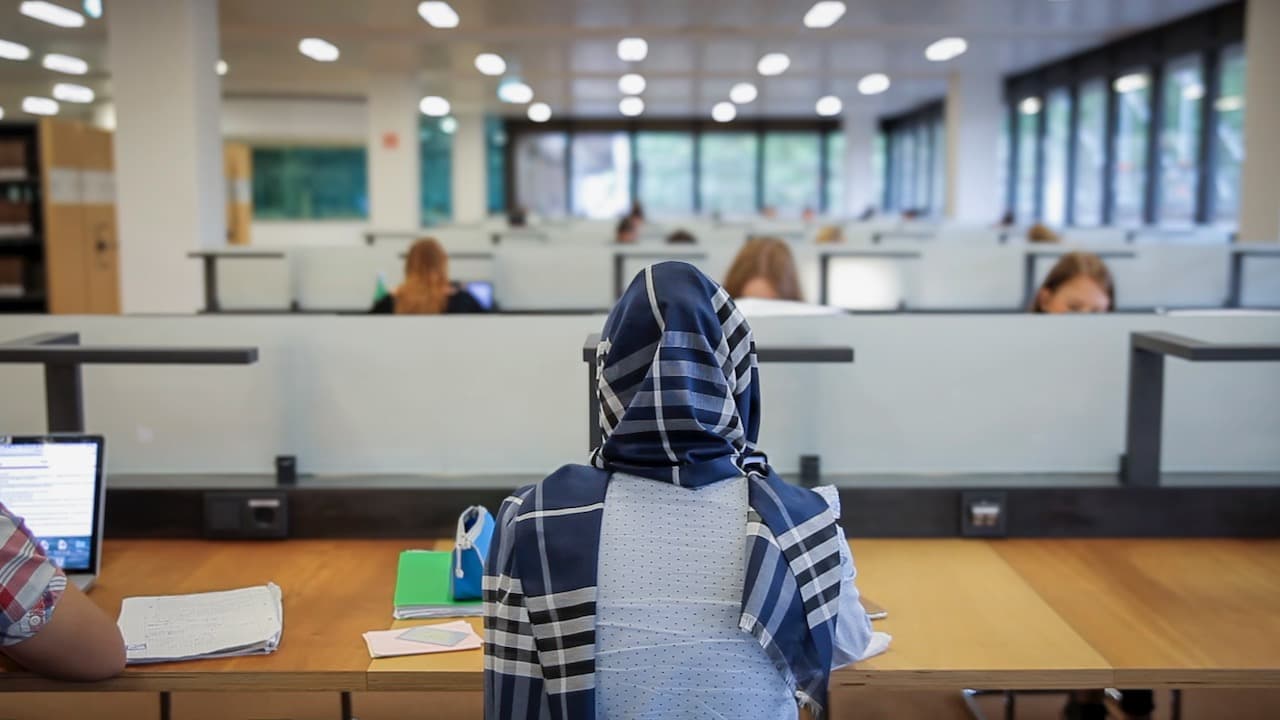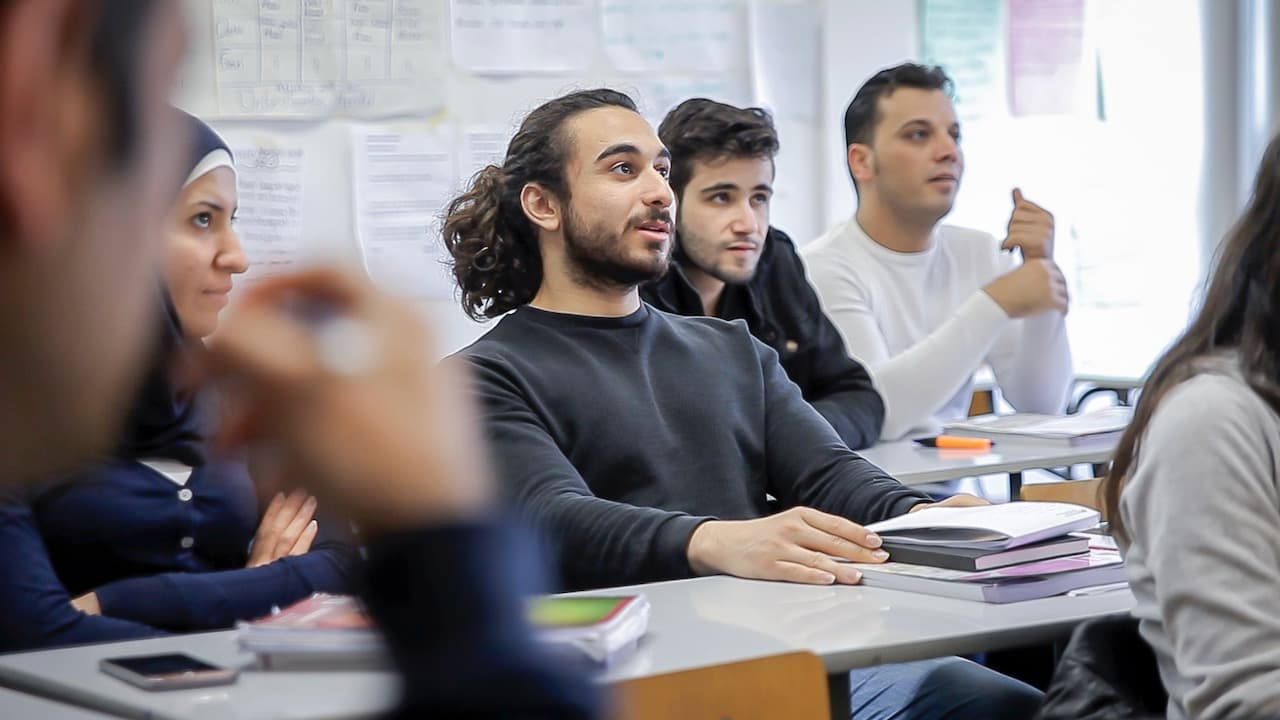Visa for University Education

How can I come to Germany to study?
Germany has many outstanding colleges and universities and numerous international students. To come to Germany to study, you will need a corresponding residence permit, i.e., a "residence permit for the purpose of studying" ("Aufenthaltserlaubnis zum Zweck des Studiums") regulated in Section 16b of the Residence Act. If you come from a so-called "third countries", however, you first need to apply for a "Visa for the purpose of studying". A student visa allows you to enter Germany legally and start your studies.
However, this does not apply to EU citizens. As an EU citizen, you can study anywhere in Europe within the framework of European freedom of movement via certain university programmes such as Erasmus, etc.
What do I need to know?
For which programmes can I obtain a student visa?
You can apply for a student visa for Germany if you have been offered a spot at a German university or college or a place at a “Studienkolleg” (designed as a legal entitlement to a residence permit in accordance with Section 16b (1) Residence Act) or another higher education preparatory programme (in accordance with Section 16b (5) Residence Act) such as a compulsory language course or a company internship. You can find out how to find a suitable degree programme and a spot in a university at Hochschulkompass.
Please note: The decision to issue a visa for a preparatory study programme is discretionary and must be confirmed by the competent authority. Therefore, it is not always approved. There is also the option of obtaining a residence permit for applying to a university (according to § 17 para. 2 Residence Act). You can learn more about this in our topic page on "Visa for seeking a vocational training or university programme".
Where can I apply for the visa?
If you require a visa to enter Germany, you must apply for it at the German Embassy or Consulate in your home country (or a neighbouring country) and present the required documents there.
Please note that it may take several months to process your visa application.
If you do not require a visa to enter Germany, please register with the Immigration Office at your new place of residence upon arrival and present the necessary documents there.
Whether you need a visa depends on your country of origin. On auswaertiges-amt.de, you will find a list of countries the citizens of which require an entry visa for Germany.
Important for Afghan nationals:
Special rules apply to people from Afghanistan when applying for a visa to Germany. As there is no German embassy in Afghanistan, visa applications can typically only be submitted to the German embassy in Islamabad (Pakistan) or Tehran (Iran–currently closed).
If you wish to submit your application in another country (e.g. India, Turkey, Uzbekistan or Tajikistan), you must have lived there for at least 6 months with a valid residence permit. Without such a residence permit, it is not possible to submit your application in another country.
Please note: The procedure, required documents, and processing time may differ from the general information; they often take significantly longer and, in some cases, lead to rejection.
What documents do I need?
In our chapter "National Visa", you will find a list of all documents that third-country nationals need for a national visa.
For a student visa, you also need the following documents:
- Proof of admission from a German university or college (certificate of enrolment) OR a university entrance qualification if you only want to apply for a visa as a university applicant. A university entrance qualification is a school-leaving certificate with which you can study at a university in your home country.
- Proof showing your livelihood is secure- you can prove it, e.g., by depositing funds into a blocked account. The blocked account must have at least €11.904 per year (as of 2025). If you do not have enough money yourself, a third person can make a so-called declaration of commitment for you. You can learn more in our chapter "Declaration of commitment for a national visa".
- Health insurance coverage
- Proof of your German language skills, unless your language skills have already been checked by the university or preparatory college. In principle, you need at least B2.
Good to know: To make the visa procedure easier, it is helpful to arrange accommodation in the city where you are studying and health insurance in Germany well in advance. Although it can be harder to do from abroad and before your arrival, doing so makes the visa process much easier. The best place to find out more is the International Office at your university or college.
Good to know: Having a blocked account (“Sperrkonto ”) is one of the ways to prove that you have sufficient financial resources. If you want to study in Germany, you must pay a certain minimum amount into the account: Currently, this is €992 for each month you study in Germany (as of 2025). This money remains blocked in the account until you arrive in Germany. Another special feature of the blocked account is that you cannot withdraw or transfer as much as you like: you may withdraw a maximum of €992 per month unless you have deposited more than the required minimum amount.
What happens after I come to Germany?
After entering the country, you must visit the Immigration Office at your new place of residence within three months and apply for a residence permit there. To do so, you must (again) submit the documents mentioned above as well as, in principle, a police registration certificate and a rental agreement. The authorities will check your papers and then decide whether you must be issued a residence permit.
A residence permit for the purpose of studying is usually issued for one to two years but not less than a year. If you cannot finish your studies within this period, your residence permit will often be extended.
If you are studying in Germany with a student’s residence permit, as of now, you are allowed to work 120 full days or 240 half days. With the amendment to the Skilled Workers’ Immigration Act, you will be allowed to work 140 full days or 280 half working days from 1 March 2024.
Important: If you drop out of university ("exmatrikulation"), e.g. to take up full-time employment or change your field of study, you must inform your local Immigration Office and obtain approval. Your residence permit may be terminated immediately without the approval of the Immigration Office. You are then obliged to leave Germany (§ 50 Para. 1, 2 Residence Act).
Therefore, it is essential that you apply in advance for the approval of the immigration Office for a change of subject or place of study.
A residence permit for those who are trying to find a spot in a university is issued for nine months (Sec. 17 (2) Residence Act). According to the current regulations, you are not allowed to work during this time. From March 2024, however, you may take up part-time work.
You must find a place to study during these nine months. You can learn more about it in our chapter "Visa to seek a vocational training or university programme". However, you also have the option of changing the purpose of your stay if you find a suitably qualified job (Sec. 18a, Sec. 18b Residence Act) or vocational training (Sec. 16a Residence Act).
A residence permit for student applicants is issued for nine months. During this time you are not allowed to work and have to find a place to study.
What happens after I graduate?
If you would like to stay in Germany after completing your studies, you can apply for a residence permit to look for a job or a residence permit as a qualified professional. You can learn more in our chapters "Visa for Jobseekers" and "Visa for skilled workers".
Important
You can learn more about studying in Germany in our chapters "University System" and "University Application".
Similar topics
Additional links
Visa for Germany
Here you can learn about visa requirements for Germany.
University Guide
On erudera.com, you can search (in English) for suitable universities and courses in Germany.
German Embassies Worldwide
Here you can find the German embassy in your country.
Our community in the forum
Quickly find answers to any question. Benefit from the experience of your community and exchange ideas.
Support on site
Are you looking for counseling centers, meeting points, and other services? Use our search engine.










